This is a MUST READ response by Pat Clark of Friends of Lackawanna to the threats and bully tactics of Keystone Sanitary Landfill’s consultant and ownership. They claim to be good neighbors bestowing generosity, but it is actually extortion. We no longer respond to threats. We will no longer be bullied by our “good” neighbor.
Earlier this year, Keystone Sanitary Landfill mailed a full-page color pamphlet to residents of Northeast Pennsylvania.
The front cover reads: “To have good neighbors we must also be good neighbors.” Last week, landfill engineer Al Magnotta published a column in The Times-Tribune, “21 million reasons to kill veto.” It is rife with threats, bully tactics and fearmongering and details what the landfill may attempt if the borough of Dunmore does not do exactly what the landfill orders, forever and always, until death do us part. Good neighbors, indeed.
The bully approach Magnotta employs is not a new addition to the landfill playbook. Rather, it has been the primary offense deployed to attack and intimidate those who disagree with it, especially local government and elected officials, since its formation. Consider:
■ In 1990, it sued the city of Scranton for $100 million to get its way regarding leachate disposal. Landfill leachate disposal still causes issues almost 30 years later, including three recent DEP violations.
■ In 1994, it sued officials from Throop for $16 million for passing a zoning ordinance that would have blocked an expansion at that time. Ironically, the Throop mayor later vetoed that zoning ordinance to the landfill’s benefit.
■ Now, the landfill threatens to recoup $21 million if Dunmore council does not override Mayor Tim Burke’s recent veto of a proposed landfill-friendly zoning ordinance.
In none of these matters did the landfill prevail, nor would it prevail, on any monetary awards from litigation or threatened suits. Instead, the landfill attacks economically strapped municipalities for leverage in hopes that residents’ fear of increased taxes will cause their elected officials to buckle. In the case at hand, Magnotta cites two agreements between Dunmore and the landfill: 1999 and 2014.
The three-page 1999 agreement guarantees the borough no benefits and the result was the same as if there had been no agreement: The landfill would pay Dunmore the state-mandated minimum for every ton of waste it swallowed.
The 2014 agreement is not much better with the exception of some financial increases. Worse, the 2014 contract contains no environmental protections because when the borough considered using environmental experts to help in the negotiations, landfill ownership would “not allow any of those people to speak to them.”
Each of the “benefits” the landfill claims to bestow upon its fortunate host residents, and noted in Magnotta’s piece, was reluctantly given, used as negotiating leverage or included strategically to enhance its expansion application currently under review with the Pennsylvania Department of Environmental Protection.
With regard to these so-called benefits, consider the following:
■ The forgiveness of “delinquent amounts” owed by the borough for prior trash collection? The landfill regularly used that same tactic as leverage between 1989 and 2014.
■ The “host fee of $1.50 per ton” was dramatically increased from its initial 2014 amount offer only after opposition, led by Friends of Lackawanna, started to speak out. Even today, this is a below-market host municipality fee and it came after 25 years of paying Dunmore the absolute minimum, to the penny, that it legally could.
■ The “yearly contribution of $100,000 to the Dunmore School District” was only added to the agreement after public outcry in 2014.
■ Contrary to owner Louis DeNaples’ statement that the 2014 contract “...was a gift. Dunmore gives us nothing,” the agreement was not a gift. Instead, the host agreement, and the anticipated payments included, were promptly filed with the DEP and counted as a “benefit” of the proposed expansion. A gift that benefits the giver is not a gift at all.
The landfill can try to follow through on Magnotta’s threats by attempting to recoup money paid to Dunmore and by reverting payments to the state-mandated minimum. But it will fail. Moreover, with the letter’s brazen and openly threatening approach, the landfill has sent a clear message to DEP that the money paid under host agreements was never intended as a community benefit. Instead, those fees are being used as an extortionary tool wielded in the open, for all to see.
Magnotta’s letter was a last-ditch effort aimed at flipping one council vote needed to overturn Burke’s veto. Historically, without as much scrutiny, the landfill has been very good at ultimately getting municipalities to do its bidding. But council members Michael Dempsey, Tom Hallinan and Vince Amico honored their oath of office and stood their ground. The veto stands. Regardless of how the entire landfill expansion saga plays out, the borough, and the area at large, show that things have changed. We are willing to stand up to the powerful to protect our children’s health and our communities’ future. We no longer respond to threats. And we will no longer be bullied by our neighbor.
